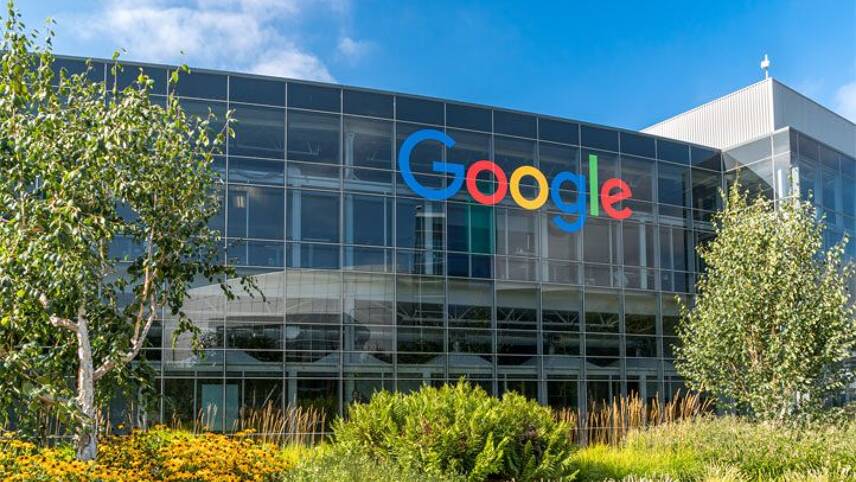Register for free and continue reading
Join our growing army of changemakers and get unlimited access to our premium content

Renewable energy and green offices have accounted for 72% of the bond proceed spending to date
When Alphabet Inc issued the bond, it stated that all projects to receive support would need to fall into one of eight priority categories: energy efficiency, renewable energy, green buildings, clean transport, circular economy and design, affordable housing, racial equality, and support for small businesses in the wake of Covid-19.
The firm’s inaugural impact report for the bond, published late last week, revealed that renewable energy has received the largest share of the $3.47bn issued to date, taking a $1.28bn share. This funding has been spread across 42 power purchase agreements (PPAs) with the developers of wind and solar projects, with a combined capacity of 4.4GW. These deals took Google’s total PPA portfolio to 97 contracts, collectively representing a capacity of 10.4GW.
The 2020-2021 financial year saw Alphabet Inc reclaim its title as the world’s largest corporate renewable energy purchaser from Amazon. Since the bond was issued, Google has joined a new coalition of more than 100 businesses seeking to verify clean electricity sourcing.
Green buildings came a narrow second to renewables for the bond proceeds, taking a $1.25bn share. A focus was to get 415,000 square metres of office certified under the LEED scheme, bringing the company-wide total to 1.5 million square metres. LEED certification covers topics including energy efficiency, water efficiency, operational waste and overall operational emissions.
A further $640m, the report confirms, was allocated to energy efficiency improvements at data centres. Google claims that its data centres are twice as energy-efficient as the industry average.
Far smaller pots, of $15m and $4m respectively, have come towards clean transport and circular economy and design.
Funding allocated for transportation to date has focussed on transitioning fleet vehicles and installing electric vehicle (EV) charging points, of which Alphabet Inc now hosts 3,600 across the US and Canada. The business has pledged to ensure that at least 10% of the total parking spaces at its new offices have a charging port and is retrofitting chargers at its Bay Area headquarters to also reach this proportion. For this office, there is also a location-specific target to reduce single-occupancy vehicle commuting to 45% of staff by 2025.
On circular economy and design, Alphabet Inc’s report reveals that the $4m pot has been split across six waste reduction and diversion projects, but only provides details of one – adding a new software system to kitchens to reduce pre-consumer food waste.
Google had been facing mounting pressure to increase its ambitions and actions in many of these fields, particularly from its own staff.
Social spend
The bulk of proceeds from the bond issued to date have gone to environmental projects. However, the report also details how $284 in bond proceeds has been allocated to further progress against social goals.
A spend of $70m has enabled Google to create 1,800 units of affordable housing in San Francisco, the report confirms. The company’s overarching commitment is to invest $1bn in hosing between 2019 and 2030; it expects this amount to support at least 20,000 residential units.
$81m was spread across 2,700 loans to SMEs focussed on empowering the black community, including black-owned capital firms, and start-ups, as well as NGOs and other organisations supporting black entrepreneurs. A proportion of the funding also went to YouTube, to be allocated through its #YouTubeBlack voices fund, which supports creatives.
A further $133m was spread across 13,500 loans to other SMEs looking to recover from the Covid-19 pandemic. Businesses across the US, Canada and Latin America benefitted.
Alphabet Inc has stated that it will report annually on bond proceed issuance until the entire amount has been allocated.
The global issuance of sustainable and green bonds totalled a record $99.9bn (£75.5bn) in the second quarter of 2020, with investors increasingly focusing on ESG risks and seeking to play their part in the green recovery movement.
Sarah George


Please login or Register to leave a comment.